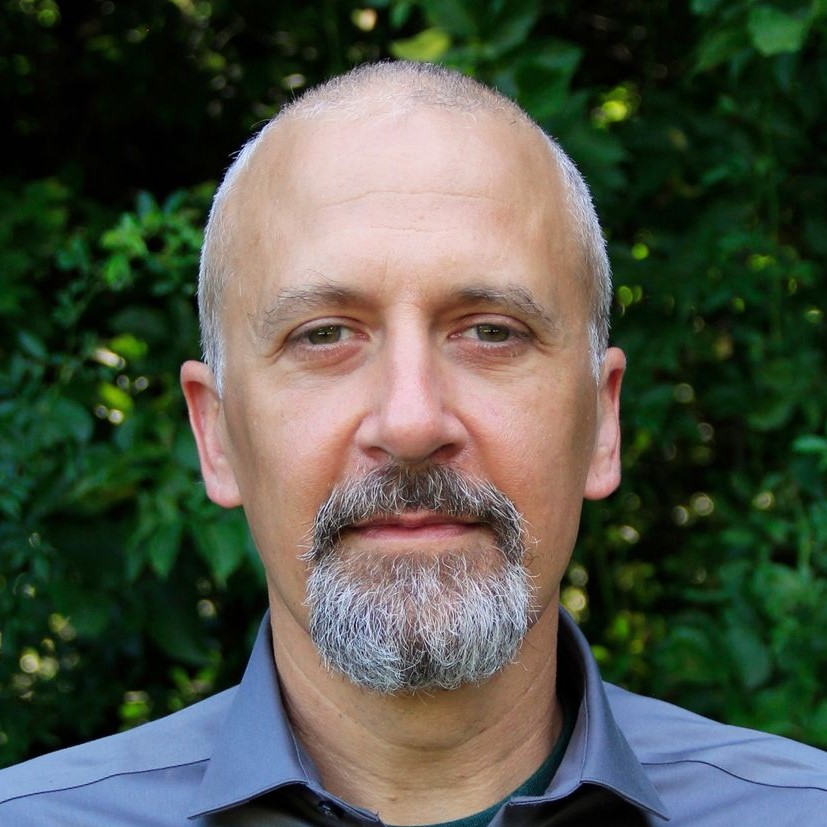The Swiss Resolution on Geoengineering and its Governance
Originally published at the Forum for Climate Engineering Assessment
Some geoengineering methods have the potential to greatly reduce climate change but pose physical risks and social challenges. Dedicated governance will eventually be warranted, and given the global stakes, some governance should be international. After more than a decade of conversations among scholars and others, the current UN Environment Assembly resolution could be a positive development, yet important details remain.
A central challenge is the “who, when, and where” of developing effective international geoengineering governance that would facilitate potentially beneficial research, prevent various undesirable outcomes, and assuage concerned constituencies. The countries that are vulnerable to climate change might be understandably skeptical that such efforts are a distraction from multilateral emissions reductions, adaptation, and finance. Furthermore, geoengineering and its governance have steep learning curves, with numerous aspects that seem counterintuitive and contrary to current climate change and environmental politics. Indeed, some experts have argued that any international discussions could lead to unhelpful restrictive language, especially when negotiators have a weak knowledge base. That was the case when the parties the Convention on Biological Diversity prematurely addressed geoengineering governance in 2010, producing a poorly worded and widely mischaracterized decision.
The current resolution shows some good signs. First, the time might be appropriate. The IPCC reports have made clear that preventing dangerous climate change through emissions cuts alone is highly unlikely, and the scientific evidence that some forms of geoengineering – both carbon dioxide removal and solar radiation management – could effectively reduce climate change is now substantial. Second, UN Environment is the right forum, with its mandate to catalyze international environmental governance. Third, the draft’s language is open, calling only for an assessment report from an ad hoc expert group. Fourth, the resolution’s supporters are diverse, including developing and vulnerable states. This last point is especially important, as there is an increasingly voiced yet unfounded claim that geoengineering is being pushed by industrialized countries and opposed by developing ones. Instead, opinions differ – and remain largely inchoate – in both groups. What is certain is that those countries that are vulnerable to climate change have the most to gain and lose in geoengineering’s ultimate fate. Their participation is thus essential.
If the resolution passes, then the selection of the expert group’s members will be pivotal. They must represent the world’s diverse interests in climate change and the responses to it. The members will also need to invest in climbing the learning curve in a terrain that is characterized by some trenchant voices and – unfortunately – persistent and inaccurate claims.
